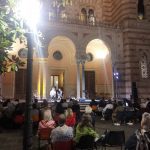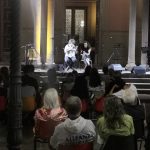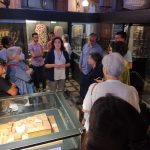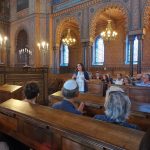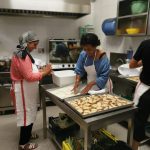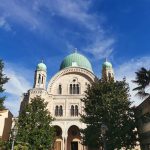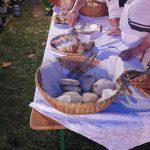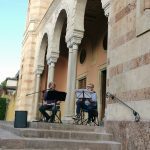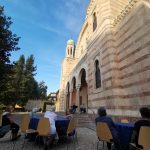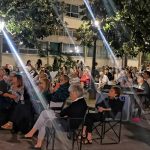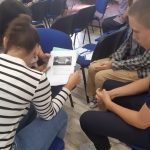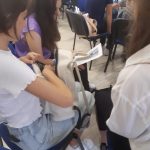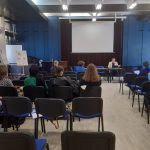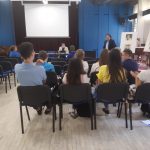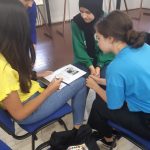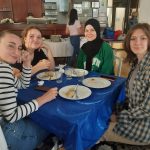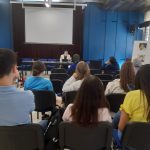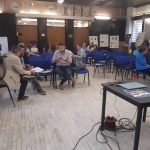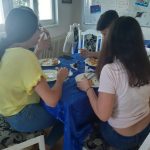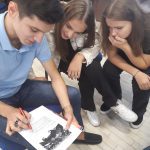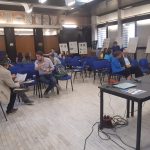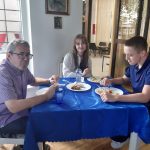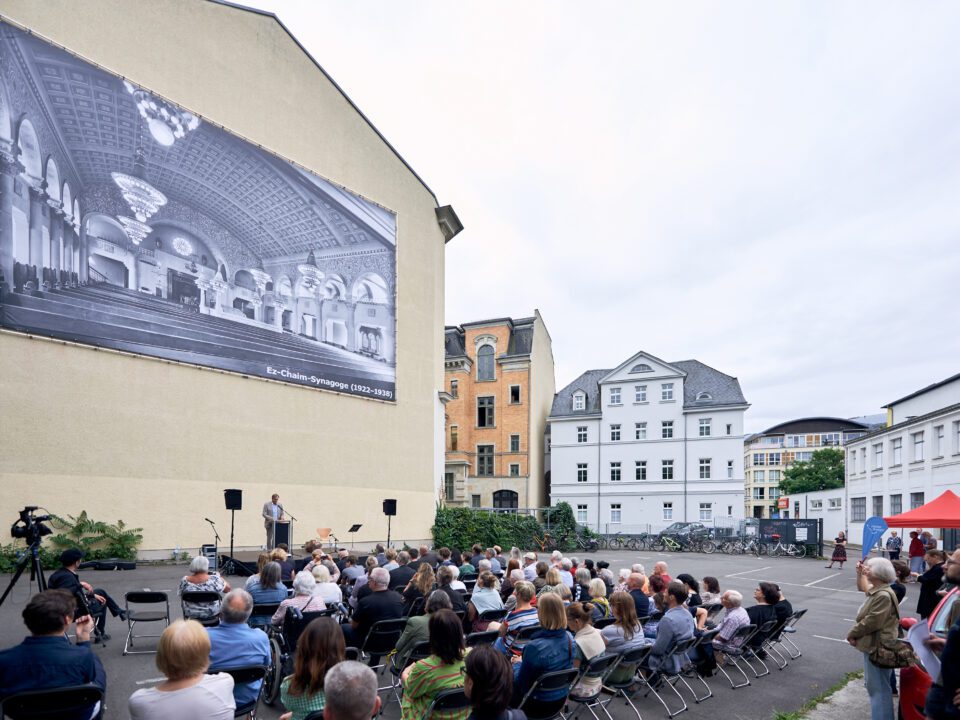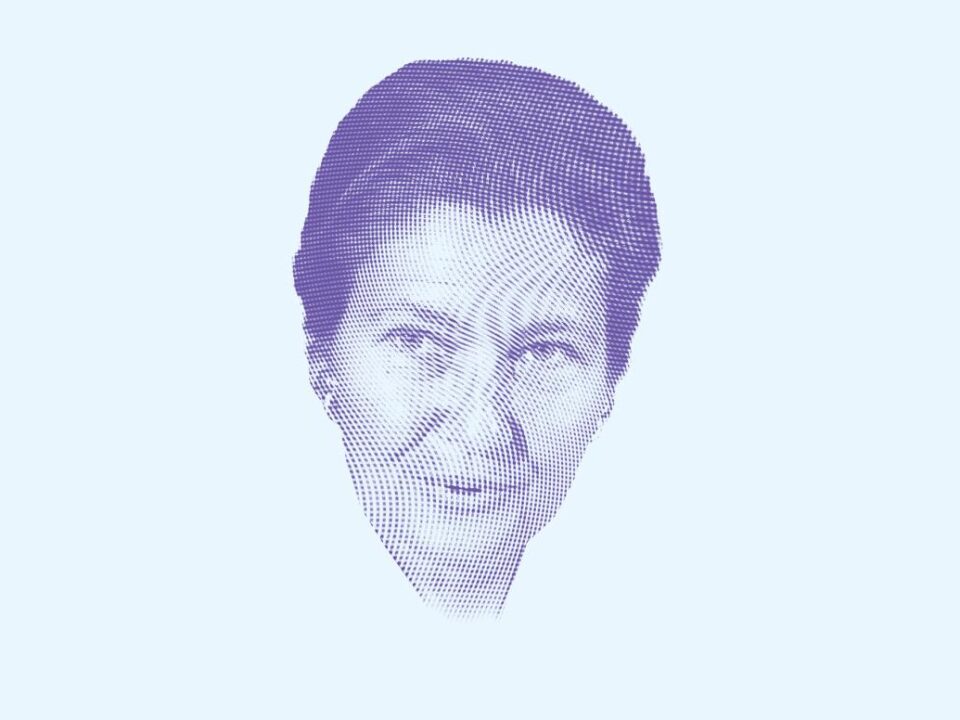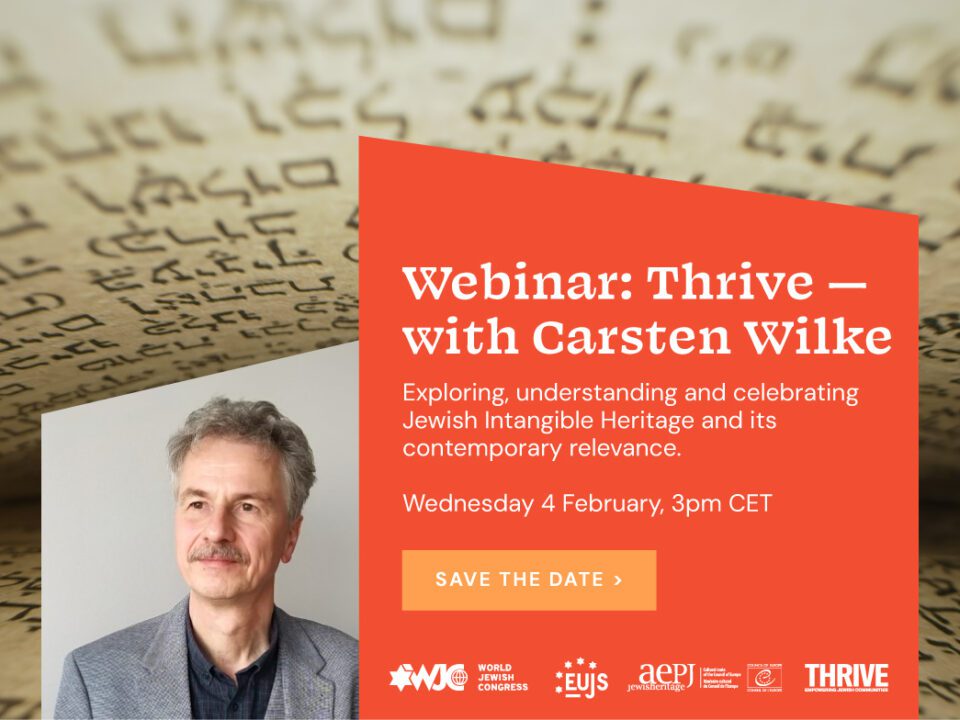NOA Pluralism Seminars were held in Florence and Sarajevo with successful participation

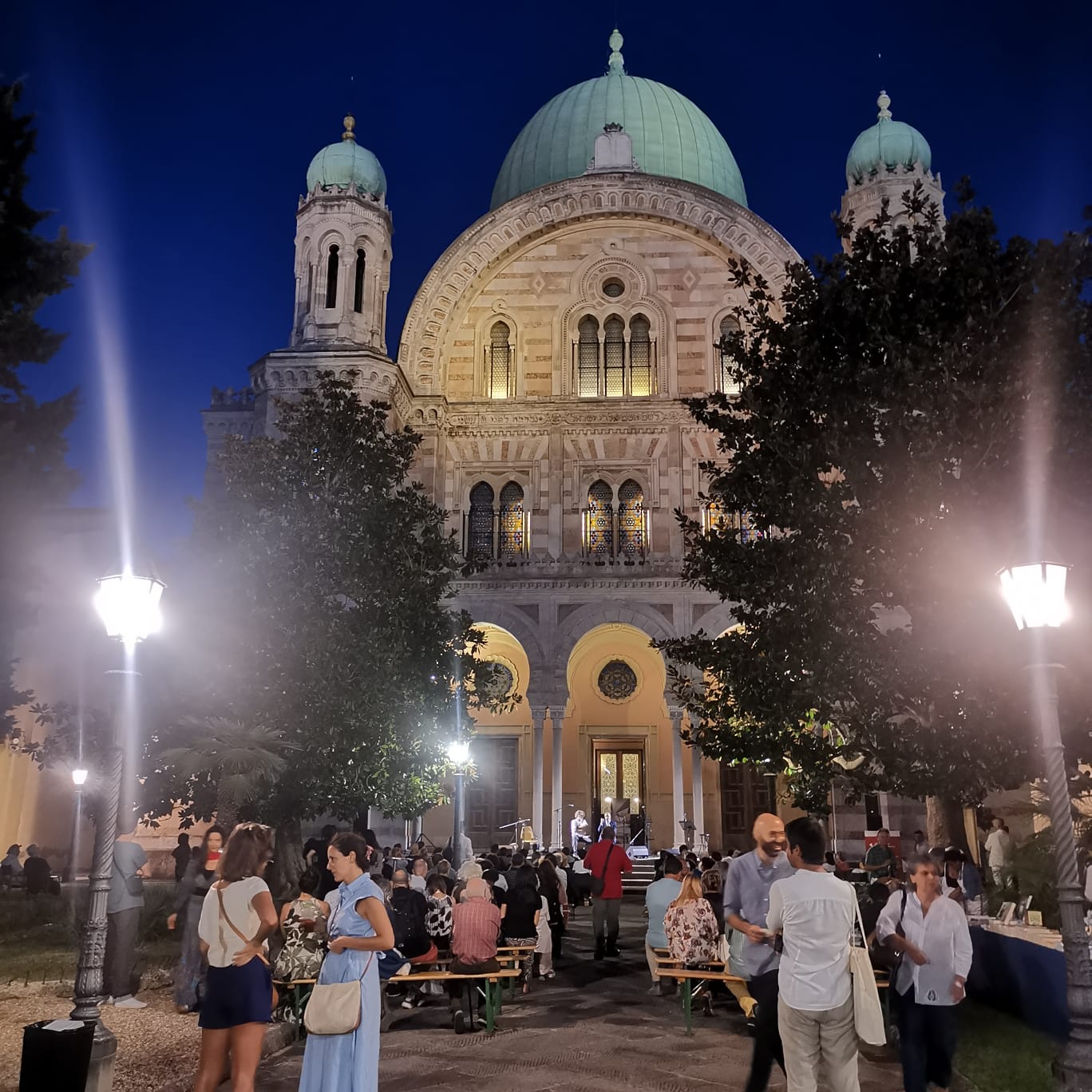
The last weeks AEPJ celebrated the first two seminars of the NOA Pluralism series, held in Florence (Italy) on 1st and 2nd September, hosted by the Comunità Ebraica di Firenze; and in Sarajevo (Bosnia and Herzegovina) on 8th and 9th September by Hagada Sarajevo Association. Both had a great response by the citizenship, focusing on how we can deal with antisemitism from the communities but also non-Jewish neighbours, pointing out the importance of opening the dialogue through culture and recognising diversity.
Balagan Cafè – Special Edition focused on pointing out several examples of the connection between Florence’s global culture and the Jewish local culture in terms of the connection between the architecture, music, oenology, and gastronomy, highlighting the recovery of ancient recipes and Florence’s Jewish songs.
On the other hand, The contribution of young people combating antisemitism, in Sarajevo, focused on an historical and geopolitical approach to the antisemitism deal in the western Balkans, and more specially on the role young people are developing and may develop in the future to fight antisemitism, through some workshops designed for young students, where they were able to take the floor and share their point of view.
Both events gathered close to 300 people along the four days they took, between the seminars and the cultural activities displayed within the context of each seminar.
The NOA Seminars series will continue in November, when the other two ones will be held in the cities of Prague (Czech Republic), organised by The Federation of Jewish Communities in Czech Republic under the title Czech Jews – history, culture, coexistence of minority and majority society, legacy for today and Cordoba (Spain) organised by Makom Sefarad Judaism and Pluralism: Past, Present and Future.
NOA (Networks Overcoming Antisemitism) is a project that is exploring multiple ways of dealing with antisemitism, counting among its main objectives the dissemination of positive narratives through socio-cultural educational activities towards diversity and Jewish culture, as well as with training and teaching tools that effectively counter antisemitic prejudice, aside others, to promote some serious steps in the development of holistic national strategies to address and prevent antisemitism.
